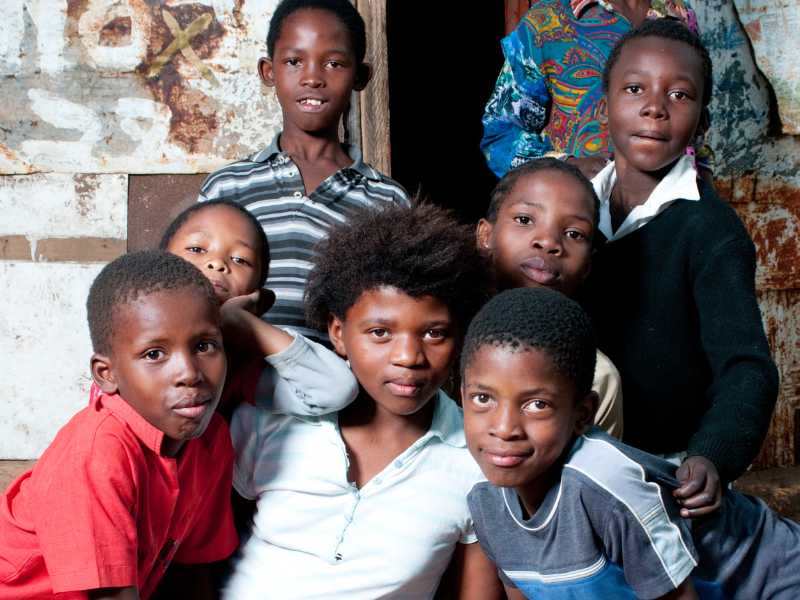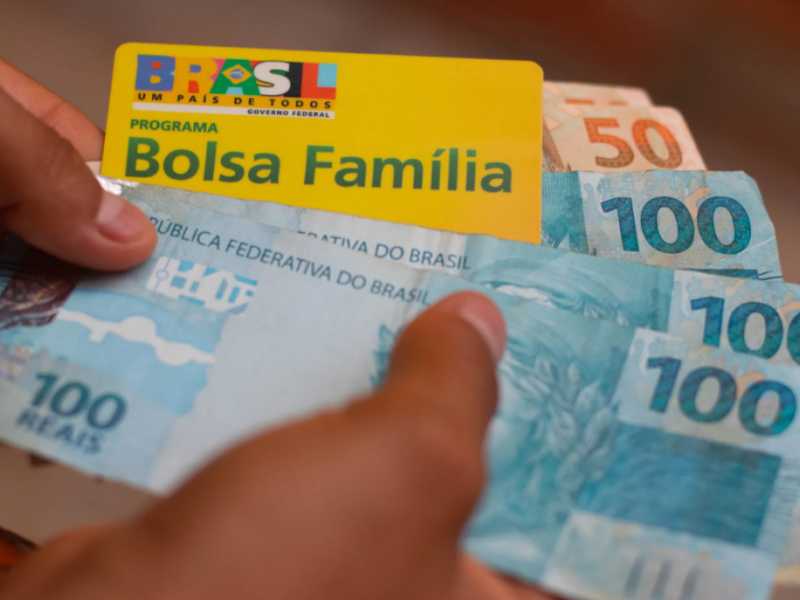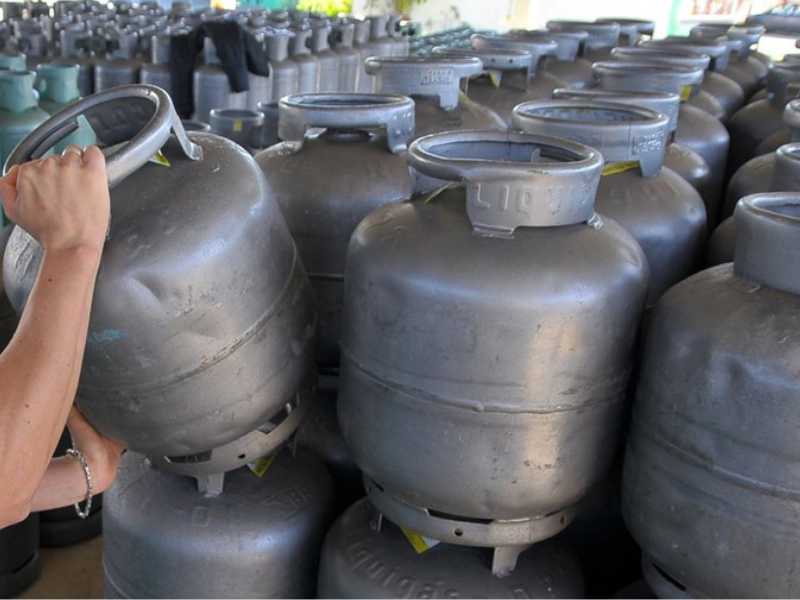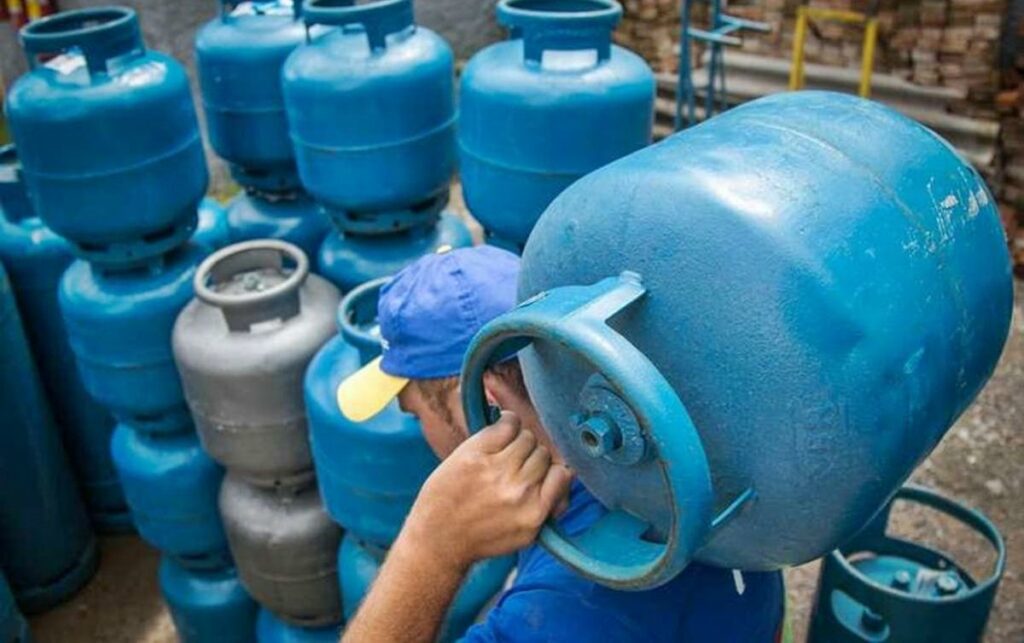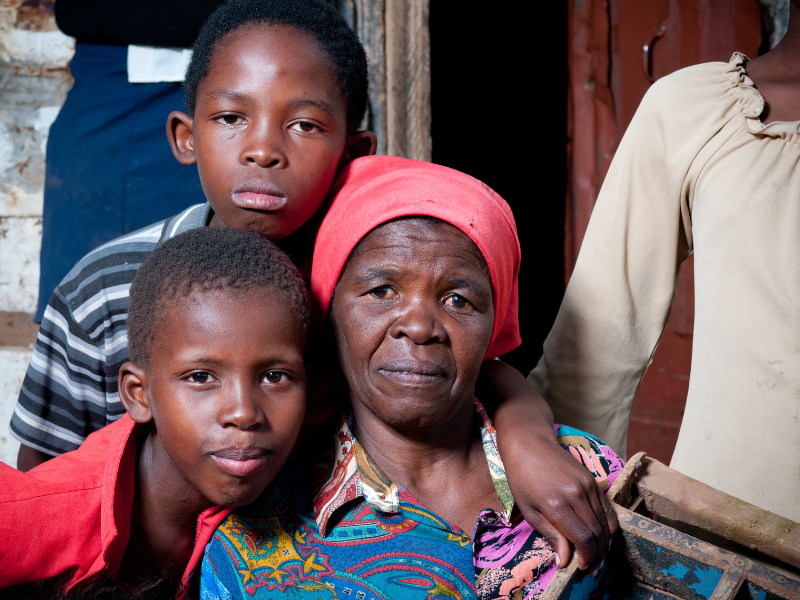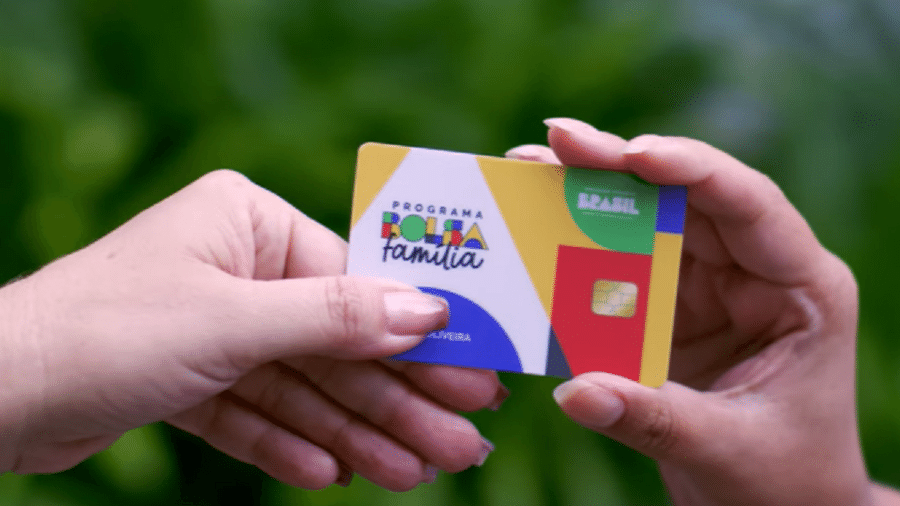Advertisements
The registry of social programs, known as Cadastro Único (CadÚnico), is used by the Federal Government to obtain information about low-income families in Brazil and how they live. Based on this data, beneficiaries of social programs are selected, with the aim of supporting those who are struggling to improve their living conditions.
For this reason, the awareness of citizens included in the Single Registry about the importance of keeping their data updated is constantly emphasized by the Federal Government.
Only in this way will federal resources be used efficiently to help those most in need. With the reintroduction of Bolsa Família this year, the Single Registry has once again become a topic of interest for Brazilians.
Advertisements
The importance of keeping the Single Registry updated and how to do so, as well as the consequences of not regularizing data with the Federal Government system, will be understood below.
Why should the Single Registry be updated?
Recently, the results of an audit carried out by the Office of the Comptroller General of the Union (CGU) revealed inconsistencies and inaccuracies in the Single Registry records. According to the agency, many registrants' records are irregular.
Advertisements
To solve the problem, the Ministry of Social Development (MDS) established an emergency plan to correct registration information in partnership with states, municipalities and the Federal District throughout 2023. In addition, a structural improvement and modernization plan is planned for 2023 and 2024, with additional resources.
Through CadÚnico registration data, the government is aware of the needs of the low-income population and selects beneficiaries for social programs, monitoring the improvement in the quality of life of these families.
Below are some examples of programs provided by the Federal Government to families registered in the Single Registry:
- Family Grant Program;
- Continuous Benefit Payment;
- Social Electricity Tariff;
- My Home My Life;
- Senior Citizen Card;
- Retirement for Low-Income People;
- Popular Telephone;
- Exemption from Payment of Registration Fees for Public Tenders;
- Cistern Programs;
- Water for All;
- Bolsa Verde (Environmental Conservation Support Program);
- Drought Grant;
- Child Labor Eradication Program;
- Youth Identity;
- ENEM.
Federal Government Appeal regarding the Single Registry
It is not enough to just register, you need to keep your family's data up to date.
Having an outdated Single Registry can result in the suspension of benefits provided by it, such as Bolsa Família.
Many people registered with CadÚnico years ago, and the information provided at that time does not correspond to their current family situation. It is also common for people to not know which changes in their family need to be updated.
For example, the birth of a child changes family expenses. A change of address changes the characteristics of the household. And a change of job affects family income.
If your family has changed address, the children have changed schools, new people have moved into the house, someone has changed jobs or lost their job, the family member must go to the service location to update the registration.
Furthermore, it is important to remember that, in any case, the registration must be updated every two years.
Even if there have been no changes to the information provided in the last interview, the beneficiary family can confirm the data online, using the CadÚnico application.
However, if it is necessary to change any information, the family member will receive a notification and must appear at a registration office for a new interview to update their registration.
In short, the update must be done:
- Whenever there is a change in family composition, address or family income/expenses; or
- Within a maximum period of 24 months from the date of the last interview with the family.
What should I inform in the Single Registry?
Although the Single Registry is the responsibility of the government, its operation and updating are carried out by the city governments of each city. After all, it is the municipal governments that have the closest contact with the low-income and vulnerable population in their territories.
Family data can be collected through interviews conducted by a trained interviewer at the family's home. The family leader can also go to a Social Assistance Reference Center (CRAS) or a service point of the Single Registry in the municipality.
Including families in the Single Registry allows us to identify their degree of vulnerability. Therefore, you will need to answer questions related to:
- Income (the sum of gross income, i.e. without deductions, earned by all family members);
- Monthly expenses (water, electricity, food, transportation, rent, medicines);
- Family composition (number of members, ages, kinship relationships);
- Education of members;
- Housing conditions, address and characteristics of the house (such as number of rooms, type of walls, flooring, whether there is paving on the street);
- Conditions of access to work;
- Access to public services (water, sanitation, electricity and social programs);
- The presence of disabilities that may affect any of the family members, and;
- If the family is part of traditional and specific groups (indigenous people, quilombolas, homeless people, gypsies, riverside dwellers, collectors of recyclable materials, among others).
Remember that the information provided by families is declared by themselves, that is, they are responsible for providing only truthful information, otherwise they risk losing access to government programs.
Who is part of the family unit?
The questions will be asked about your family. For the Single Registry, “family” refers to people who live in the same household and share income or expenses. Each person can only be registered in one family.
Therefore, the following can be considered members of the family unit:
- Person Responsible for the Family Unit (RF), who is at least 16 years old and is, preferably, female;
- Spouse or partner, the person who lives with the RF, including people of the same sex;
- Child, who may be adopted or foster;
- Stepchild, including adopted or foster children;
- Grandchild or great-grandchild;
- Father or mother, also the stepfather and stepmother;
- Father-in-law, also the spouse's stepfather and stepmother;
- Brother or sister, adopted or foster;
- Son-in-law or daughter-in-law;
- Another relative, which could be a grandfather, great-grandfather, brother-in-law, uncle, nephew, cousin;
- Non-relative, for the family member who has no kinship ties.
By continuing to provide accurate and up-to-date information about your family, you help the government to offer social programs that are appropriate to your family's needs and help them overcome socioeconomic vulnerability.
Therefore, it is essential to keep your Single Registry updated, ensuring that the information is accurate and reflects your family reality.






